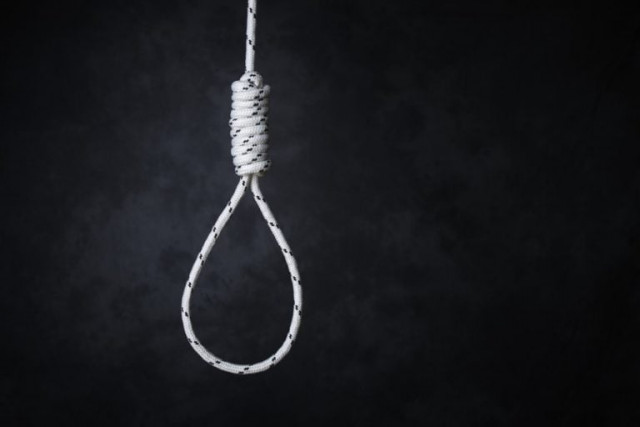Execution of mentally ill inmates opposed in Supreme Court
Judgment on review petitions reserved until next hearing

The Supreme Court on Thursday reserved its judgment on review petitions against execution of three mentally ill prisoners with all amicus as well as advocate generals opposing the execution of all such persons.
A five-member bench headed by Justice Manzoor Ahmad Malik and comprising Justice Mansoor Ali Shah, Justice Ijazul Ahsan, Justice Sardar Tariq Masood and Justice Mazhar Alam Miankhel heard the clubbed petitions of Kanizan Bibi, Imdad Ali and Ghulam Abbas who have spent 30, 18 and 14 years respectively on death row while exhibiting acute symptoms of mental illness. The matter had been pending for the last three years.
The recent medical board constituted by the apex court to examine the mental health of the prisoners had declared that both Kanizan Bibi and Ghulam Abbas suffered from schizophrenia while Imdad Ali’s previous medical evaluations confirmed the same for him.
All federal and provincial law officers told the bench that mentally ill persons should not be handed the death penalty, and in the event that they are, should not be executed.
Even Additional Advocate General Khyber-Pakhtunkhwa stressed on the fact that Islamic scholars had held that executing a mentally ill person would be un-Islamic.
Additional Advocate General Punjab presented the bench with the proposed amendments for the Punjab Prison Rules, which included a revised chapter specifically on the mental health of prisoners.
Appreciating the provincial government’s initiative, the bench acknowledged the document and observed that it would be useful in the final judgment.
Amici curiae Professor Dr Mowadat Hussain Rana and Advocate Haider Rasul Mirza also assisted the court with their medical and legal expertise.
In his comments, Dr Rana told the court that when the brain fails, the body has no other organ to turn to, as a result of which a mentally ill person is not aware of their incapacity.
He also regretted the erstwhile Lunacy Act of 1912, saying it was only in the Mental Health Ordinance of 2001 that the word “lunacy” was done away with. “Mentally ill patients are often victims of violence than perpetrators,” he said, dispelling a common myth.
During earlier hearings this week, Mirza spoke at length about the use of the post-conviction death penalty, citing international jurisprudence on why it should not be used on the mentally ill, and adding that it was considered inhumane to execute such a person.
“A mentally ill person has no comprehension of the death penalty. Retributive justice depends upon the person's rational understanding of the reason for his execution.”
The two amici curiae contended that mentally ill prisoners should not be executed and instead shifted to a psychiatric facility where they can be treated with psychotropic medications and psychological interventions. They also recommended establishing forensic medical facilities at the provincial level for the rehabilitation of the mentally ill prisoners.
The judgment has been reserved until the next hearing.
Justice Project Pakistan’s spokesperson, Ali Haider Habib, added: Our criminal justice system should be based on rehabilitation, not elimination. The International Covenant on Political and Civil Rights (ICCPR) and international law categorically prohibits sentencing a mentally ill convict to death and executing a prisoner with mental illness.
Since 2014, Pakistan executed over 500 individuals including those with mental illness. The 100th man to be executed, one Munir Hussain, was severely mentally ill that, according to his family, he had no recollection of his arrest or of his family members prior to his execution.



















COMMENTS
Comments are moderated and generally will be posted if they are on-topic and not abusive.
For more information, please see our Comments FAQ